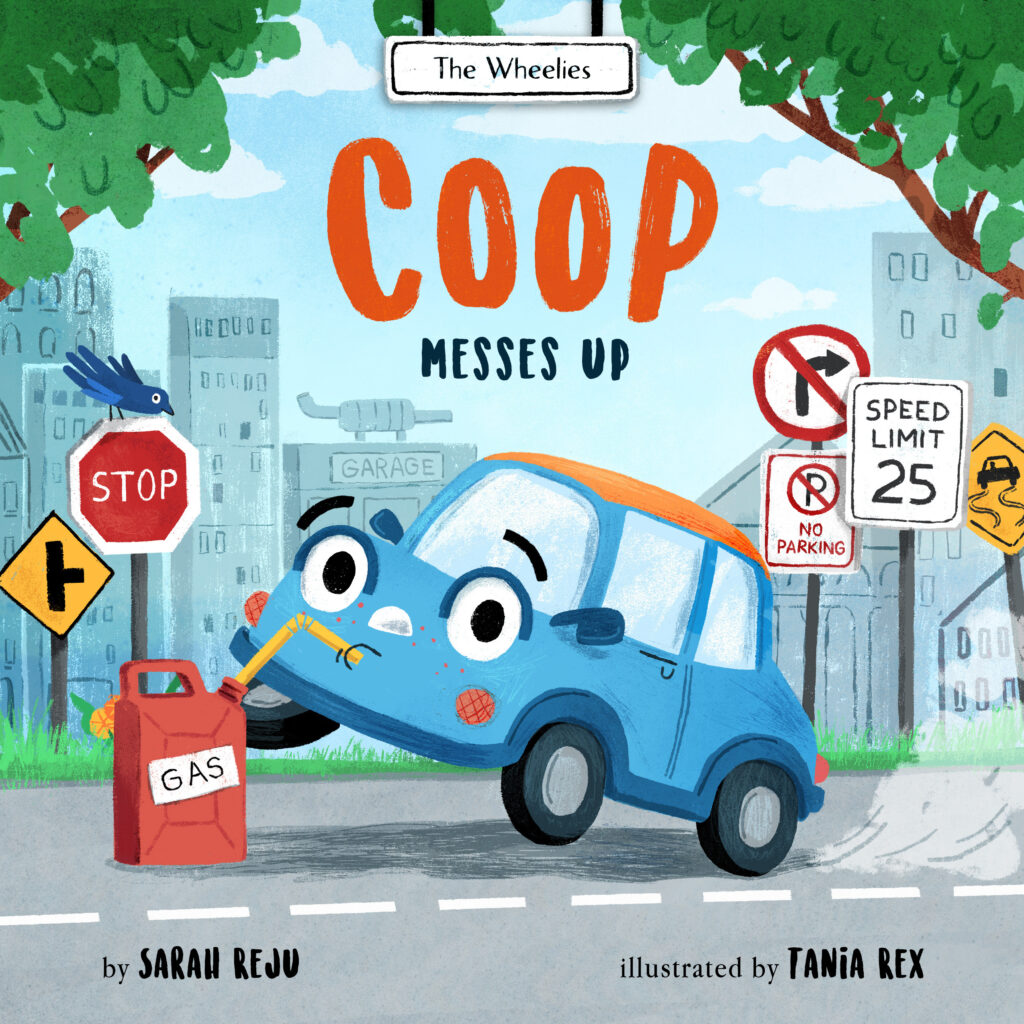Two kids go into the family room to play. One is a rule follower, and the other, a rule forgetter.
Theo, standing by himself, prays, “God, I thank you that I am not like other kids who are sloppy and irresponsible. Thank you that I am not like my brother Joseph. I always put my toys away in their color-coded bins; I hang up my jacket and bring my plate to the sink.”
Theo’s twin brother, Joseph, stands across the room looking at the toy soldiers, Legos, and Matchbox cars he has left strewn across the floor. He notices his jacket in the corner covered with sticky food wrappers from his snack. Joseph begins to cry, saying, “God, please help me, I keep messing up!”
How would you describe the kids in your life? Do they tend to be rule followers, rule forgetters, or, like most of us, somewhere in the middle.
Rule followers not only follow rules themselves but are quick to notice when others don’t. They can be self-righteous, judgmental, and quick to shift blame for their own failings.
Rule forgetters tend to struggle to follow rules consistently, whether through willful disobedience, laziness, or simply because they are distractable.
What is a parent or caregiver to do?
It’s easy to see that Theo’s self-righteousness is a problem, but you have to admit, it’s pretty nice having a kid who remembers to make his bed every morning. And what to do about Joseph? His problems are impossible to miss—the kid is a mess! You feel like you walk around correcting him all day, all the while wondering if he’s ever going to become a contributing member of society.
What foundational truth do both of these very different kids need to know? Is it possible they would both benefit from a dose of the same “medicine”?
Both Theo and Joseph need to know, most of all, that they are loved unconditionally by the God who made them. God loves them because he loves them. Period. God’s love for them is not based on how good or bad they are at following the rules. Theo doesn’t get more of God’s love because his room is tidy, and Joseph doesn’t get less of God’s love because his room is a mess. God isn’t waiting for Theo to develop an ounce of humility before he loves him. He’s not withholding love from Joseph because he was late to dinner. While they were still sinners, Christ died for them (Romans 5:8)! He died for the Theos of the world, and also the Josephs. God loves them right now, and his love for them is based on his character (1 John 4:8), not their performance!
Isn’t it humbling to think that we’re called to be the hands and feet of Jesus to our children? How are you doing at showing this kind of unconditional love to your kids? What would your kids say? Do they know that you love them because you love them? When they fail, do they know how precious they are to you? When they succeed, do they think you love them more? Or do they know that success is great, but even if they had failed you would have loved them still? Do they only experience your pleasure and the reassurances of your love when they succeed? Or would they associate the deepest failures of their lives with the deepest assurances of your love?
Love Them Unconditionally
Never lead your children to believe that they need to earn your love by what they do. This deceives kids about who God is. When we love them unconditionally, our kids can see a dim picture of the much greater love God has for them in Christ (Romans 8:38–39).
Unconditional love doesn’t mean we always give our children what they want—far from it! It means we always desire to do them good, and that we are “for them,” whether that comes in the form of giving or withholding. We desire for them to obey, not so we will love them, but because we already do love them and want to see them flourish under the good authority God has placed in their lives. Our children need to know that it is good to obey God, because he is a good and merciful Father who loves them completely. And they need to know that when they mess up, the God who keeps on loving them offers them forgiveness through Christ. We have an amazing opportunity to model this for our kids in the way we interact with them.
Have you failed at loving your kids in this way all the time? Me too. But remember that the good news for our kids about God’s unconditional love is good news for fallible parents as well. So be humble. Let your children know that you mess up too, and that you need the same Savior they do. Seek Jesus together. His steadfast love never ceases. His mercies never come to an end (Lamentations 3:22–23). And that is wonderfully good news for all the Theos and Josephs of the world, and for all of their parents too.
Coop Messes Up
Coop Wheelie is the youngest in his family, and like many little ones, he has a problem obeying the rules—and there are a lot of them! When Coop runs out of gas, his sister, Lucy, tries to help him learn to follow the rules, but finds herself right in the middle of the trouble too. Through Coop’s story, kids will discover that making mistakes can be an important way to learn about forgiveness and the gospel.






